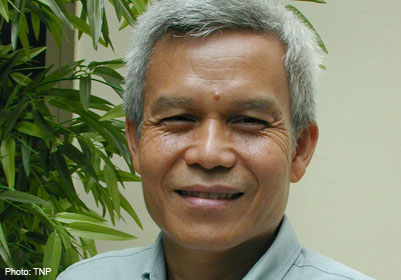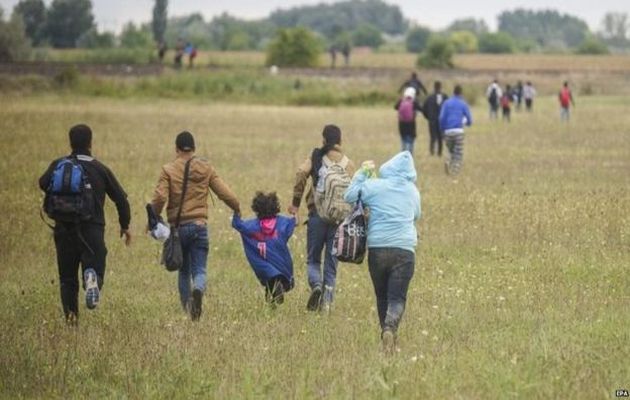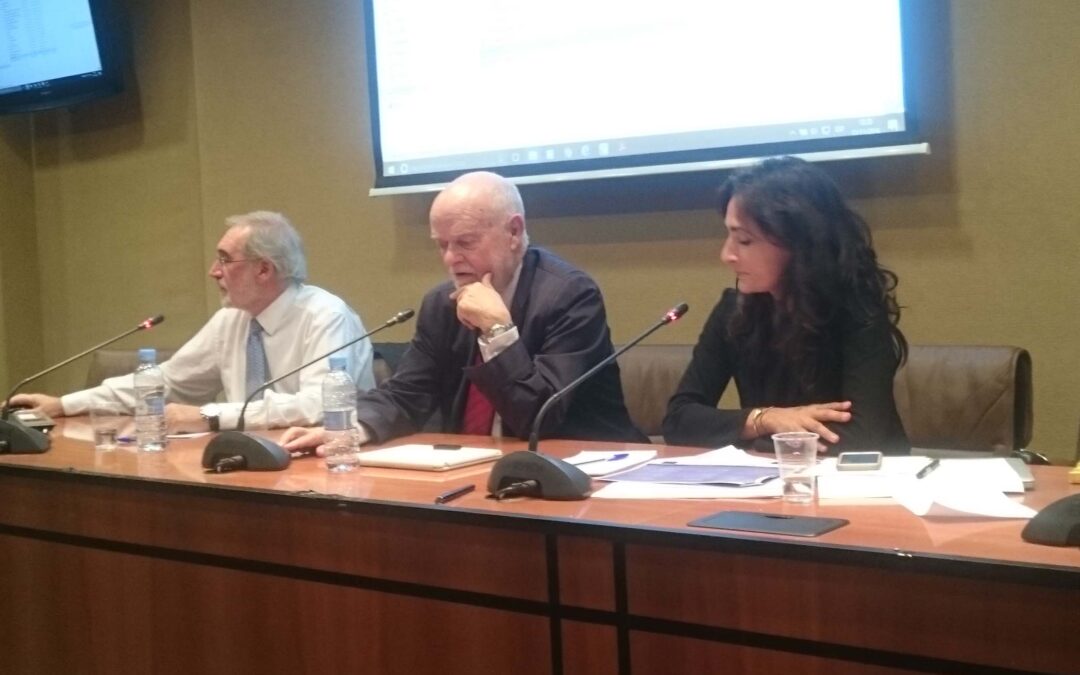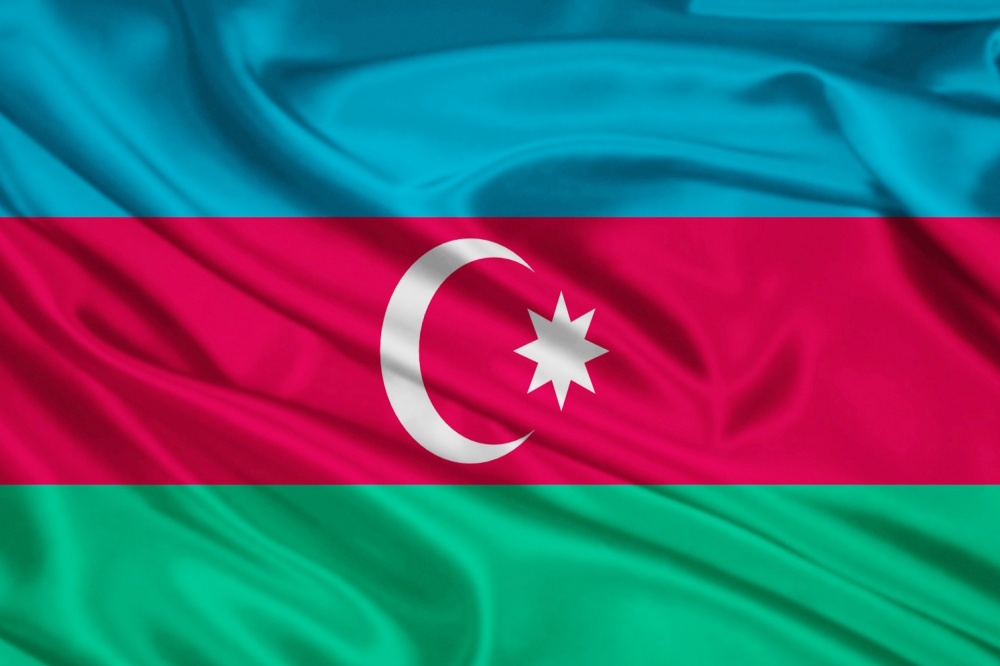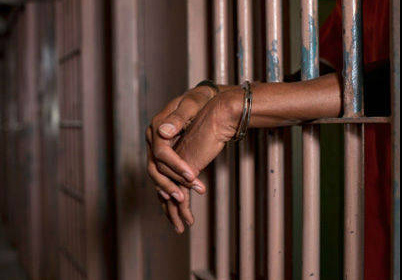
Pakistan: stop military trials for civilians
The Pakistani Government must not extend legal provisions that empower military courts to try civilians for terrorism-related offences, the ICJ said today.
The 21st Amendment and corresponding amendments to the Army Act, 1952, are scheduled to lapse on 6 January 2017, when their respective two-year sunset clauses expire.
“These military trials of civilians has been a disaster for human rights in Pakistan,” said Sam Zarifi, ICJ’s Asia Director.
“The conduct of these tribunals over the last two years has demonstrated that military trials are secret, opaque, violate even basic fair trials rights —and don’t do anything to protect people from acts of terrorism,” he added.
In a question-and-answer briefing paper released today, the ICJ provides answers to key questions regarding the conduct of military courts and the issues that have arisen in their operation.
The military has acknowledged the convictions of at least 144 people by military courts for their “involvement” in terrorism-related offences, 140 of whom have been sentenced to death.
Twelve out of the 140 people sentenced to death by military courts have been hanged.
The military has announced that least four people have been given life imprisonment sentences, but the actual number could be much higher.
Some 135 out of 144 people (94 per cent) convicted by military courts had allegedly “confessed” to the charges, raising serious questions about the possibility of torture or other coercive measures being used to secure these convictions.
The ICJ has documented how proceedings before Pakistani military courts fall short of national and international standards requiring fair trials before independent and impartial courts:
- Judges are part of the executive branch of the State and continue to be subjected to military command;
- The right to appeal to civilian courts is not available;
- The right to a public hearing is not guaranteed;
- A duly reasoned, written judgment, including the essential findings, evidence and legal reasoning, is denied;
- The procedures of military courts, the selection of cases to be referred to them, the location and timing of trial, and details about the alleged offences are kept secret; and
- The death penalty is implemented after unfair trials.
In addition to these concerns, the ICJ has also received reports that suspects tried by military courts have been subjected to torture and ill-treatment in detention and their family members have been harassed and intimidated by military authorities.
Allegations of torture and ill-treatment are not effectively investigated and information alleged to have been obtained by means of torture or other ill-treatment is not excluded as evidence in trial, the ICJ says.
In at least two cases, the petitioners have also alleged that the convicts were children under the age of 18 at the time they were arrested by law enforcement agencies.
Military courts were empowered to try civilians pursuant to the National Action Plan against terrorism, in contravention of international standards.
The National Action Plan envisioned military courts to be a short-term “solution” to try “terrorists”, to be operational only for a two-year period during which the Government would bring about necessary “reforms in criminal courts system to strengthen the anti-terrorism institutions”.
With less than one month left before military courts cease to be in effect, there is little sign of the promised reforms to strengthen the ordinary criminal justice system to effectively handle terrorism-related cases, the ICJ adds.
“Pakistan has not used the period of using military courts to reform and strengthen the criminal justice system,” said Zarifi.
“On the contrary, military courts have only further undermined the legitimacy of the ordinary courts and weakened the rule of law in Pakistan.”
The ICJ urges the Pakistan Government to not extend the 21st Amendment and ensure that all counter-terrorism laws and procedures are in accordance with Pakistan’s human rights obligations.
Contact
Sam Zarifi, ICJ Asia Pacific Regional Director (Bangkok), t: +66 807819002; e: sam.zarifi(a)icj.org
Reema Omer, ICJ International Legal Adviser for Pakistan (Lahore), t: +923214968434; e: reema.omer(a)icj.org
pakistan-military-courts-qa-advocacy-2016-eng (full Q& A on Military Courts, in PDF)
pakistan-list-of-convicted-advocacy-2016-eng (full list of convicted people, in PDF)

